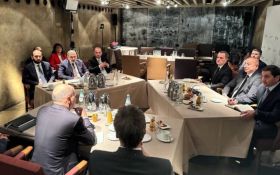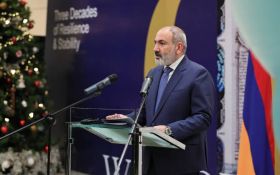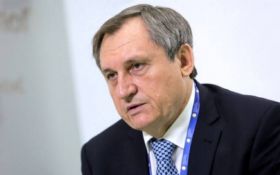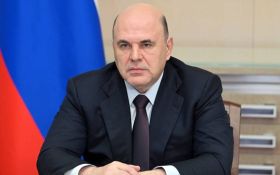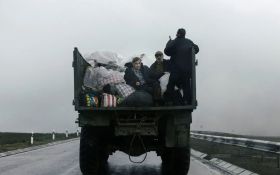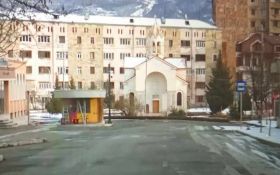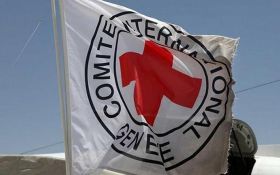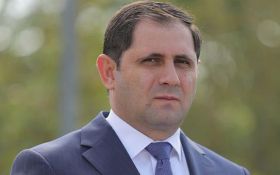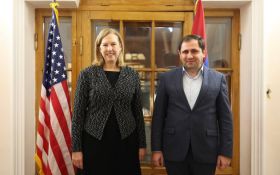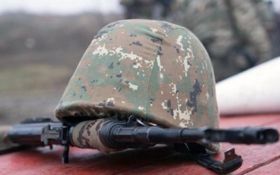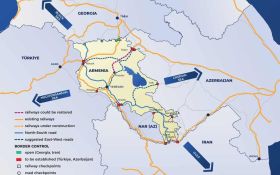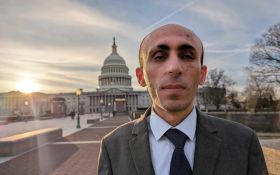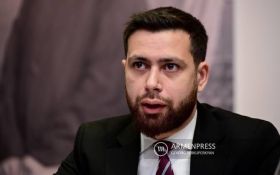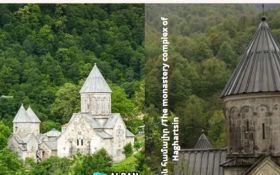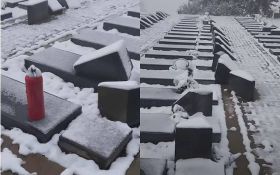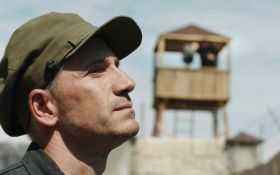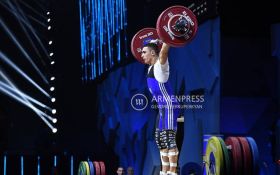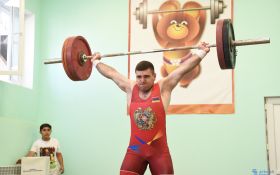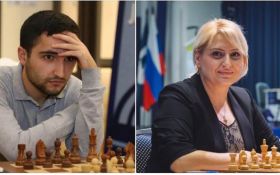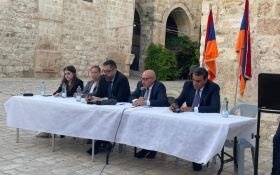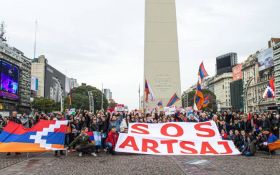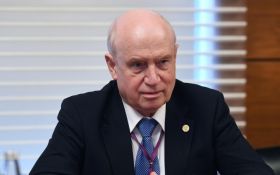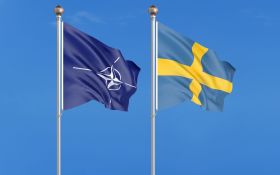Catalan political scientist Abel Riu compares the war unleashed by Azerbaijan against Artsakh on September 27 with the genocide against the Armenians in 1915.
The current Azerbaijani offensive is perceived by Armenians as a new existential threat.Catalan political scientist
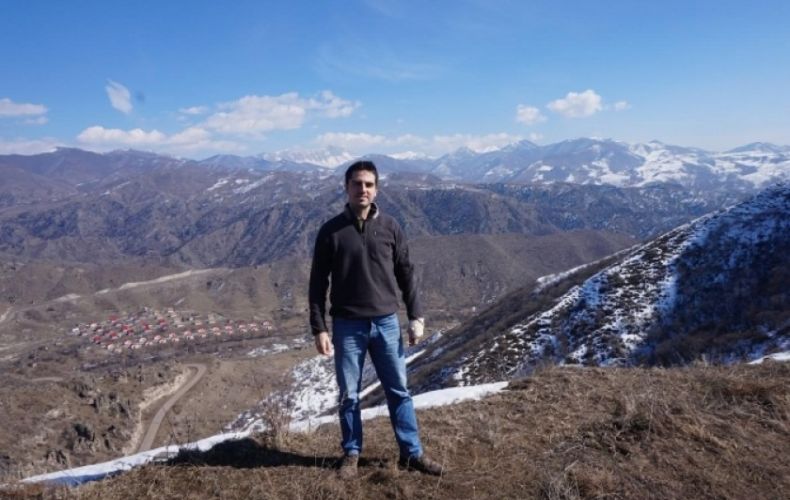
STEPANAKERT, OCTOBER 29, ARTSAKHPRESS: The political scientist noted that the shadow of the 1915 genocide is elongated, and just as a century ago they were exterminated from Eastern Anatolia at the hands of the Turks, in the face of the current conflict they could be exterminated from the territory of Artsakh, as well as its entire historical and cultural heritage in the region. So far, some 90,000 people, 60 percent of Artsakh residents, have had to flee their homes, what will be a real ethnic cleansing if they are not able to return.
The interview is presented below:
-Mr Riu, in these days of war, Azerbaijan is showing the face of its policy, even committing war crimes and torture among civilians. Is it possible in these conditions to talk about the issue of the recognition of Artsakh's autonomy and status by Azerbaijan?
- The current Azerbaijani offensive is perceived by Armenians as a new existential threat against its people, and its fight to resist to some extent as a continuation of the goyamart, or struggle for survival. The destruction in recent years of the Armenian heritage of several territories within Azerbaijan, especially in the Nakhchivan region, including 89 churches, 5,480 khachkars (Armenian crosses) and 22,700 tombs, according to research by Simon Maghakyan and Sarah Pickman leave no margin of doubt as to what would happen if the territory of Nagorno Karabakh becomes controlled by Baku. Similarly, cases such as that of Ramil Safarov, the war crimes committed by fighters in Azerbaijan, including killings of civilians and fighters Armenians since September 27. Atrocities committed against captured Armenian civilians and combatants, including torture, mutilation and beheadings during the brief war of 2016 have reinforced this sense of existential threat. These facts reinforce the arguments in favor of a remedial secession or independence, as the only way to protect the population from serious human rights violations.
How would you assess the fact that Azerbaijan, with the support of Turkey, Israel and mercenary terrorists, has waged war against Artsakh?
Azerbaijan was the side that had the most reasons for being dissatisfied with the post-1994 status quo. Its defeat in the 1990s war meant not only losing control of Karabakh, but also of the seven adjacent regions. In this sense, in recent years calls for the "liberation" of all of Nagorno- Karabakh and the restoration of the "territorial integrity" of Azerbaijan have been used from a propagandistic point of view by the authoritarian regime of Ilham Aliyev to close ranks internally and divert attention from cases of corruption, repression and abuse of power, feeding for years an anti-Armenian sentiment among the Azerbaijani population. The war for Azerbaijan has a dual purpose: war per se as a means of territorial conquest, and at the same time war as an instrument to pressure Armenians to make concessions in a new hypothetical negotiation. But positions are farther away today than ever, forecasts are pessimistic, and all indications are that hostilities will not stop, at least in the medium term. Given the number of casualties so far, we are talking about a situation that, if prolonged, could lead to a real humanitarian catastrophe, which could be exacerbated by greater Turkish or Russian military involvement, without rule out a scenario similar to that of Syria. Azerbaijan
In your opinion, what prevents the international community from admitting Artsakh as a separate state and recognizing the independence of the Artsakh Republic?
Turkey and Azerbaijan are powerful and influential states because of economic, military and energy-related reasons, located in strategic locations between Europe and Asia, and between the Caucasus and the Middle East, with joint access to five seas, and a total of 90 million people. Few states would like to compromise their relations with these two countries by recognizing independence of Artsakh. Besides, the question of the territorial integrity of states is a sensitive and very delicate question in international affairs, as countries tend to avoid positive precedents of cases based on the right to self-determination, to avoid a domino effect that could eventually affect themselves. This is also what happened with the silence of the international community in the face of the repression of the Spanish state against the people of Catalonia.
Representatives of political forces, organizations, influential individuals in different countries these days are making statements condemning the situation in Artsakh. To what extent do these forces represent the political views of the countries they represent?
In the case of Spain, with only a few exceptions, Basque and Catalan parliaments, together with pro-independence parties and organizations in Catalonia and the Basque Country, have expressed support to Artsakh and condemned the military aggression of Turkey and Azerbaijan.
Do you think it is possible to reach a final settlement of the issue through diplomatic channels?
Given the failures of the three ceasefires agreed so far with the mediation of members of the Minsk Group, with the violation of these by the armed forces of Azerbaijan with the support of Turkey, it becomes difficult to predict a stopping short-term end of the confrontations. Only great international pressure on Azerbaijan and Turkey, including sanctions and other economic measures, could change its belligerent position, but unfortunately this does not seem to be happening soon. However, the activation at some point of a Moscow-Ankara bilateral negotiating framework to agree on a new status quo in the region is not ruled out, which could lead to forcing Armenians to relinquish a number of territories in exchange. A proposal that would be difficult to implement, given the positions on both sides, and the fear on the part of Armenia, that a cession of territories will open the door to new cessions in the future. Everything seems to indicate that, unfortunately, the second Karabakh war will not end soon. But ultimately, only a negotiated settlement, and not war, is the mean capable of bringing long- term peace to the region.
Interview by Ani Avanesyan



